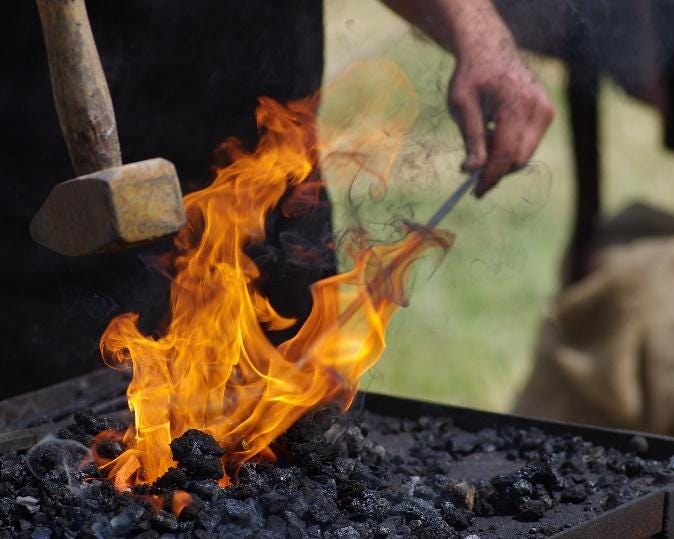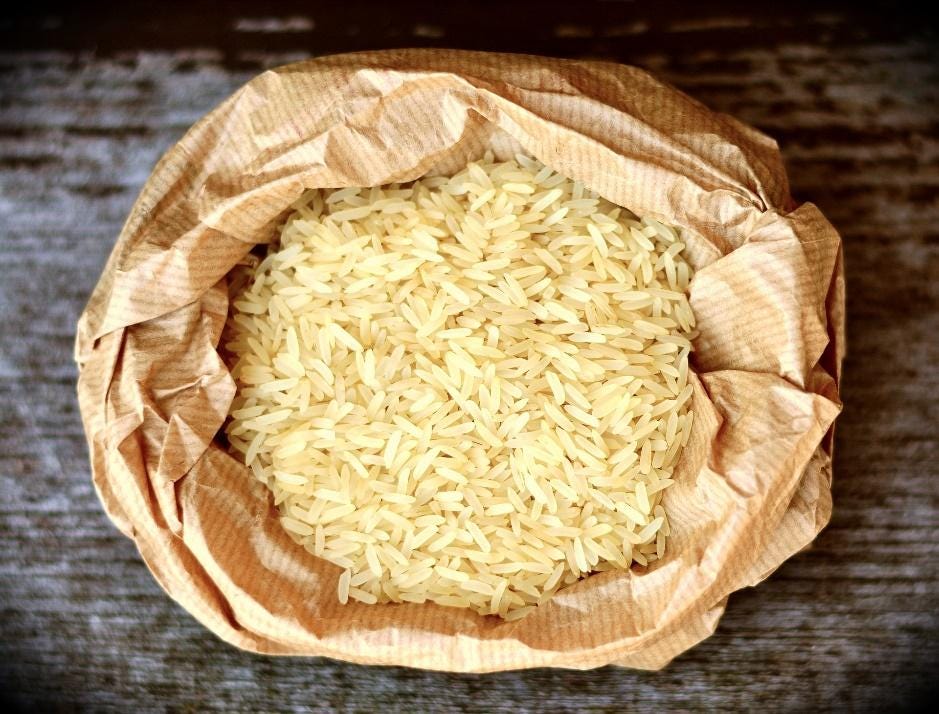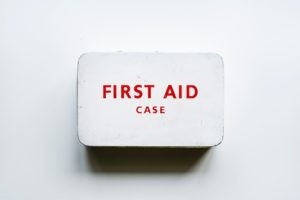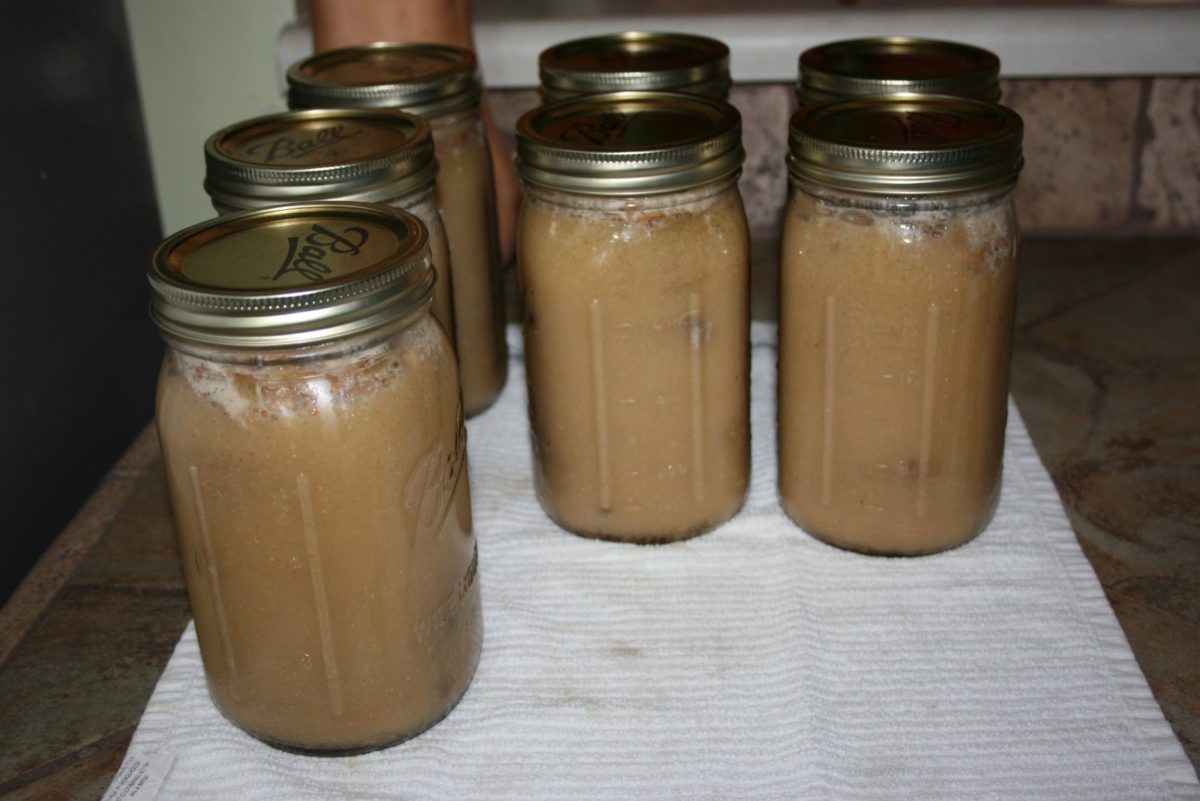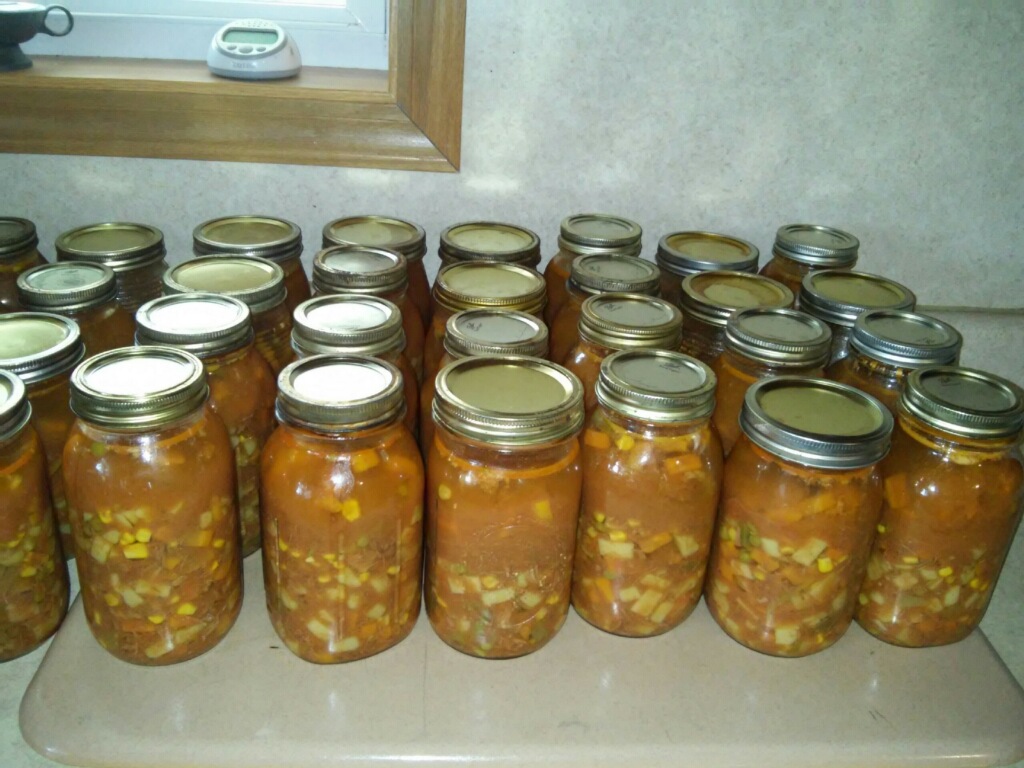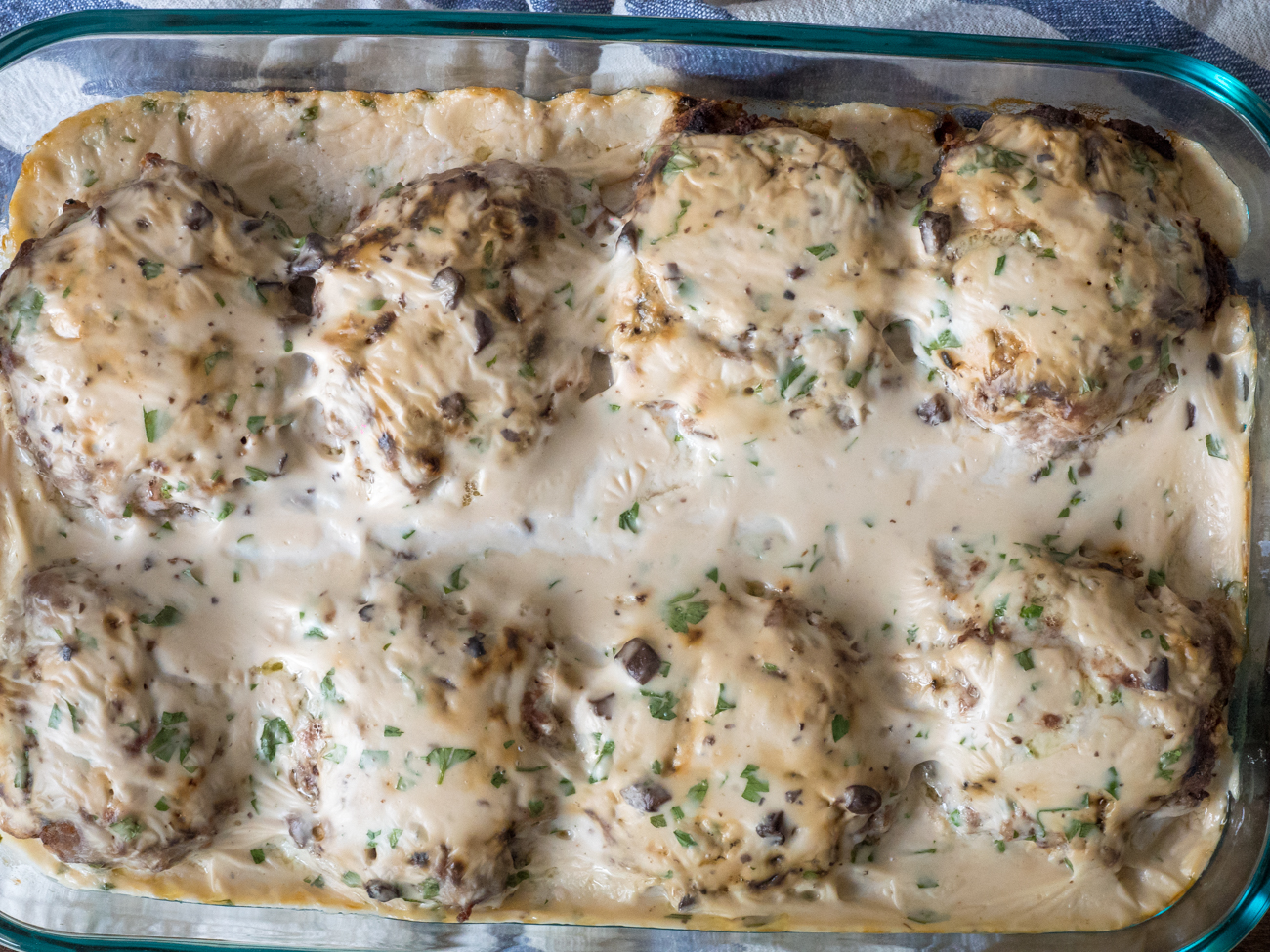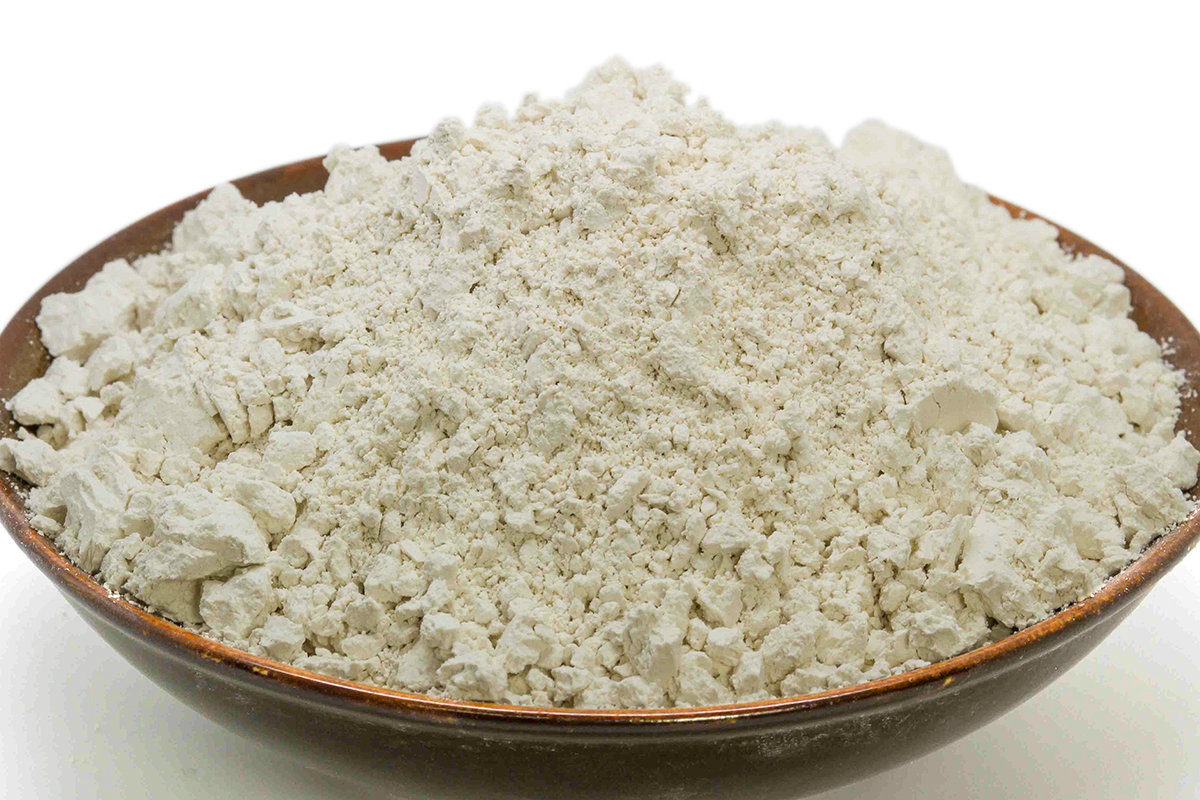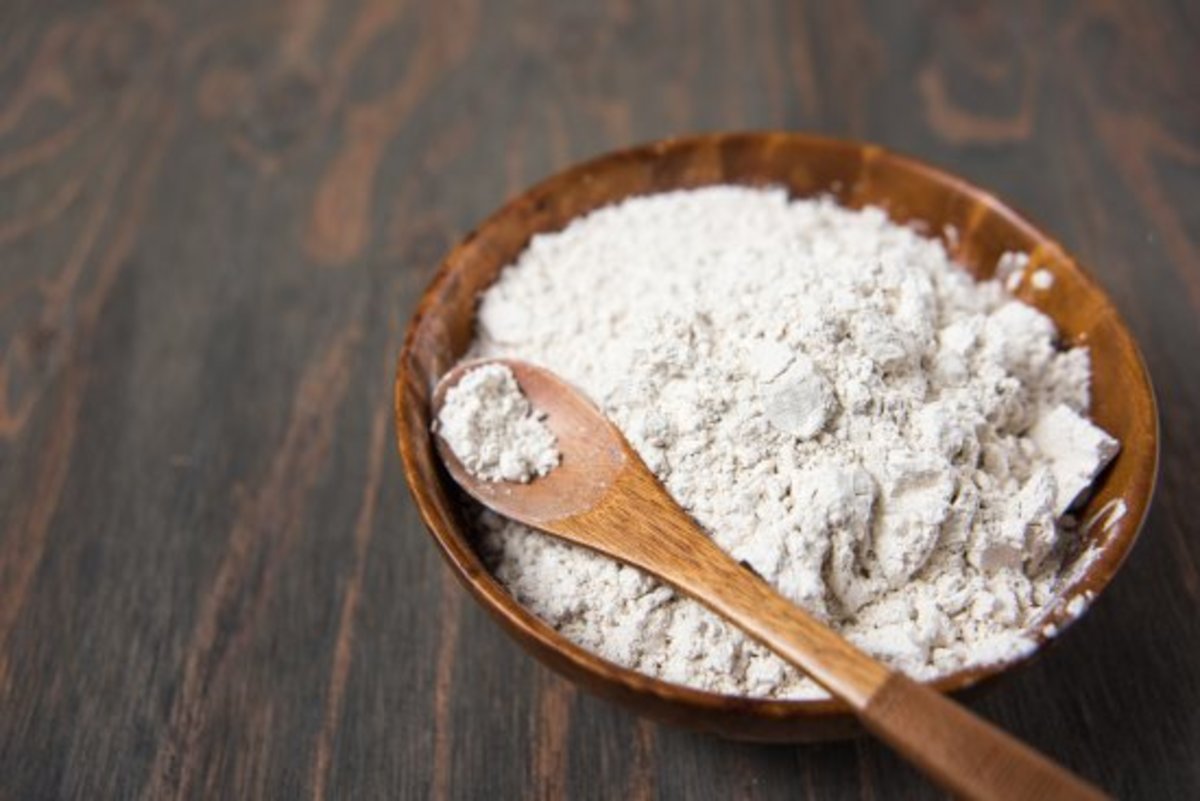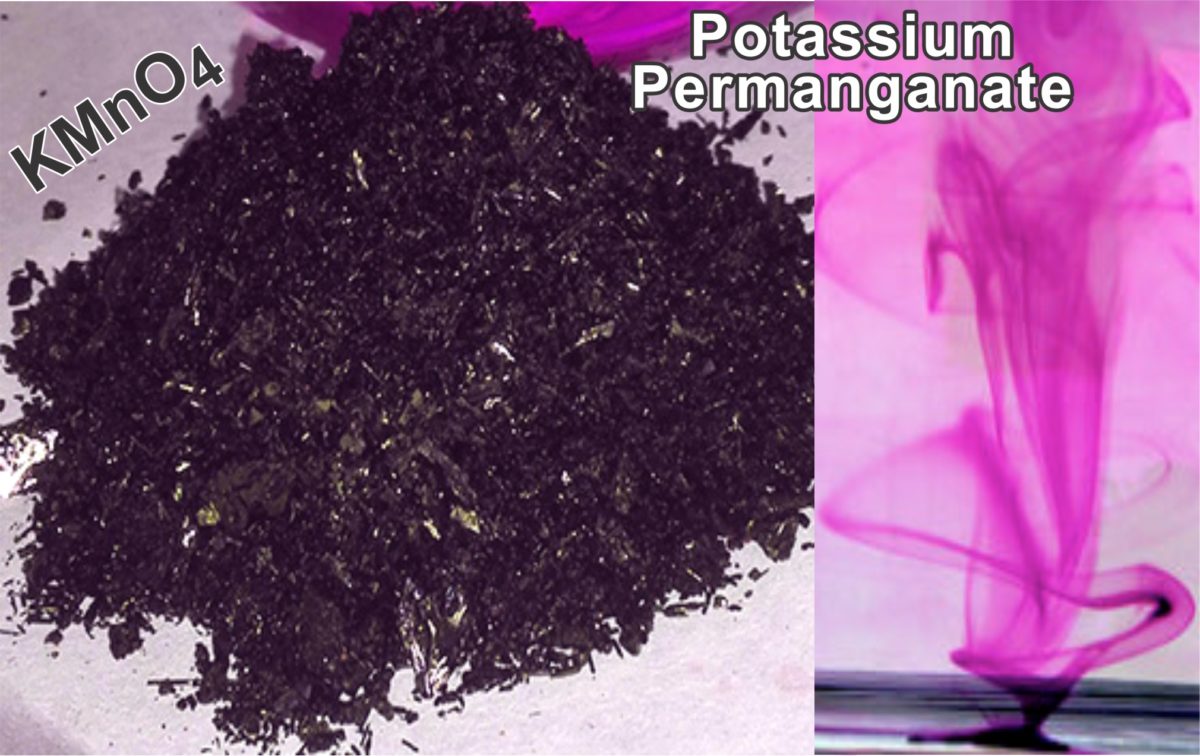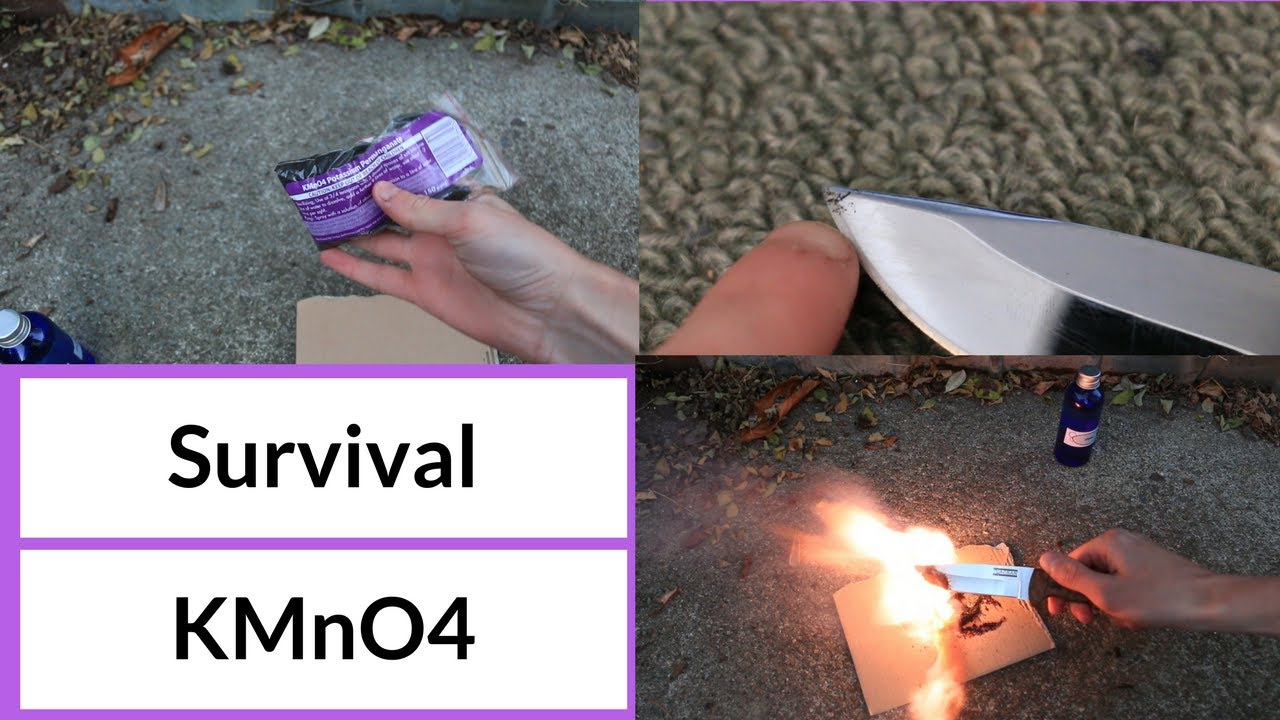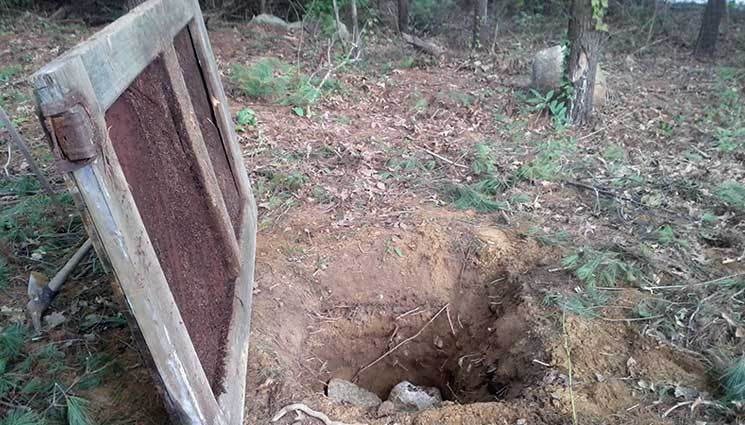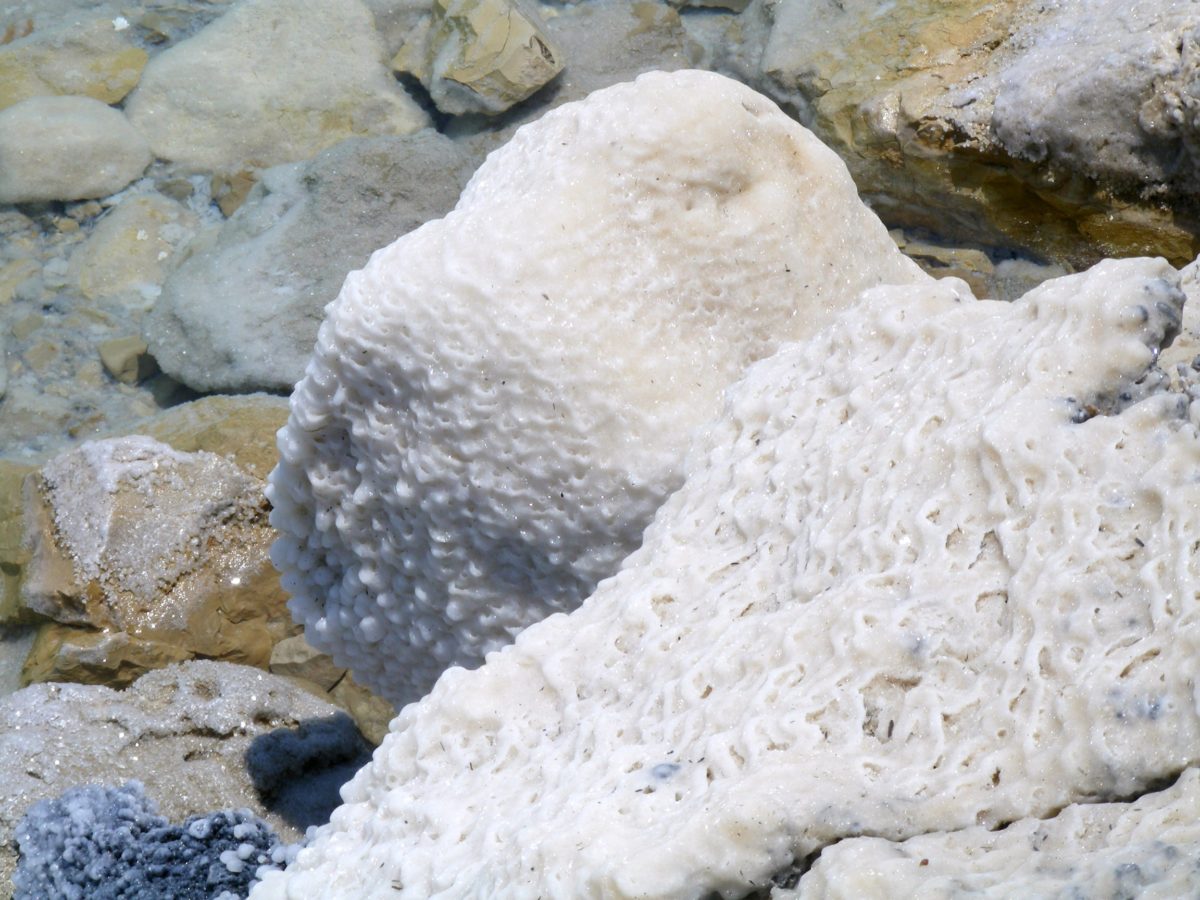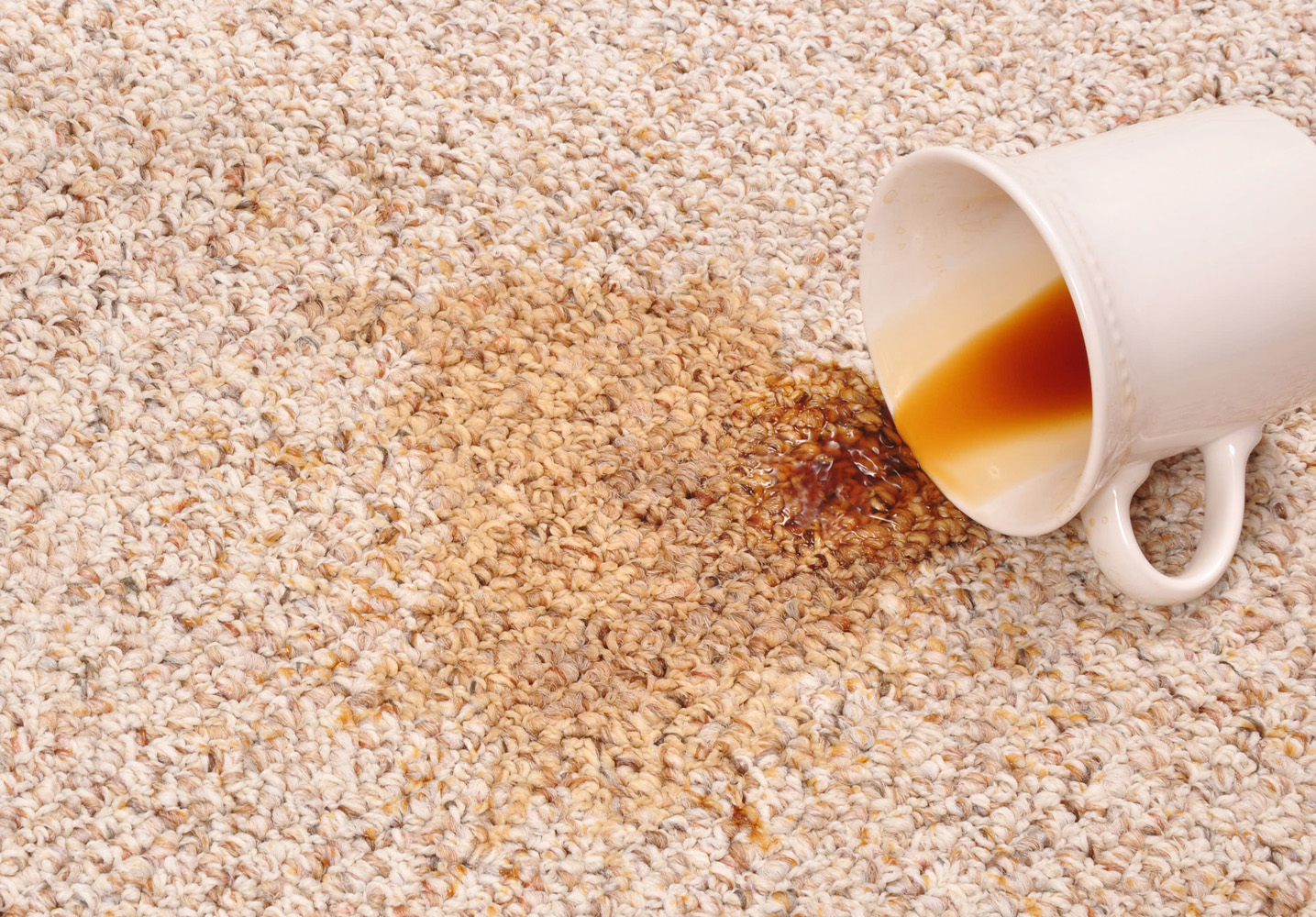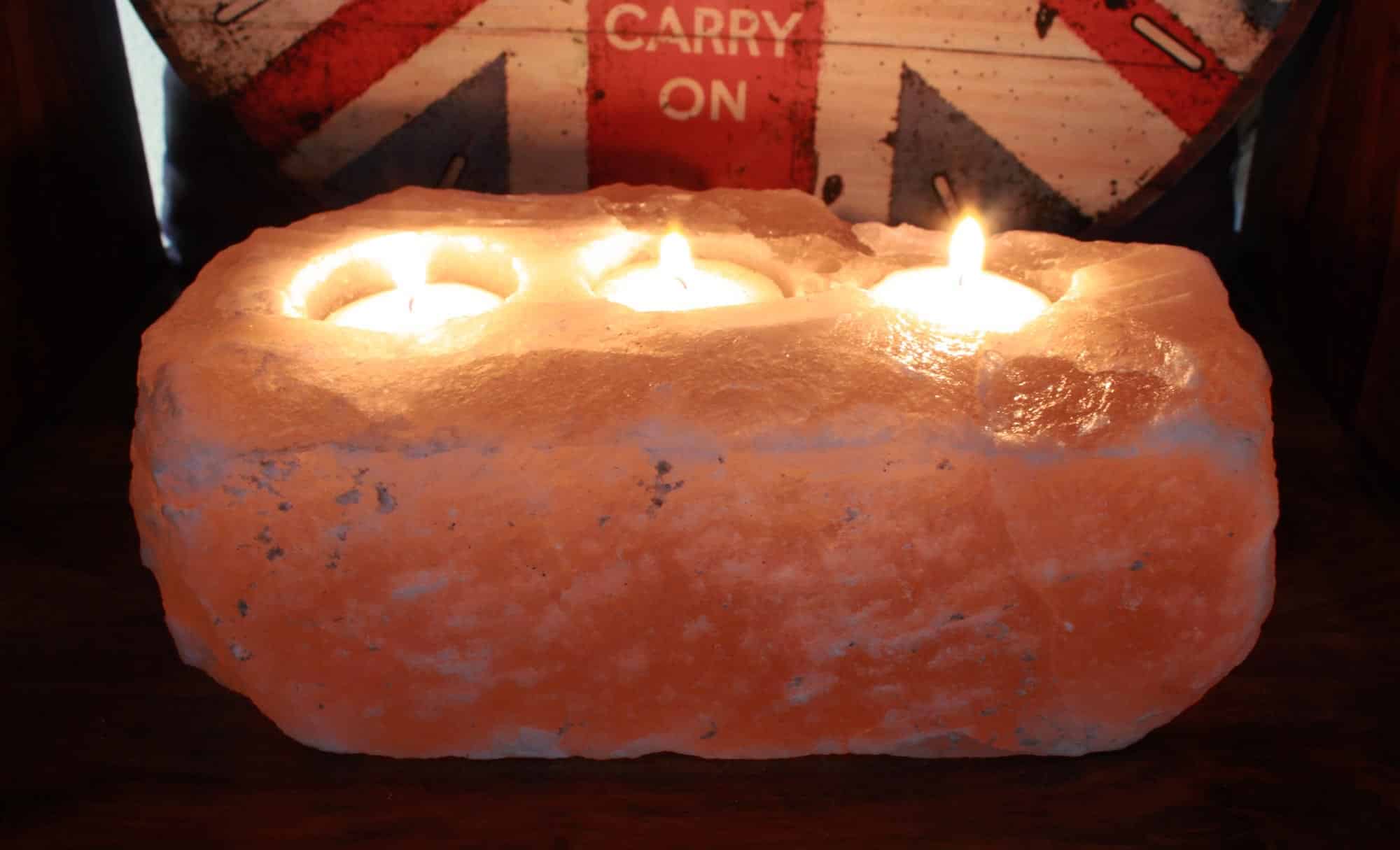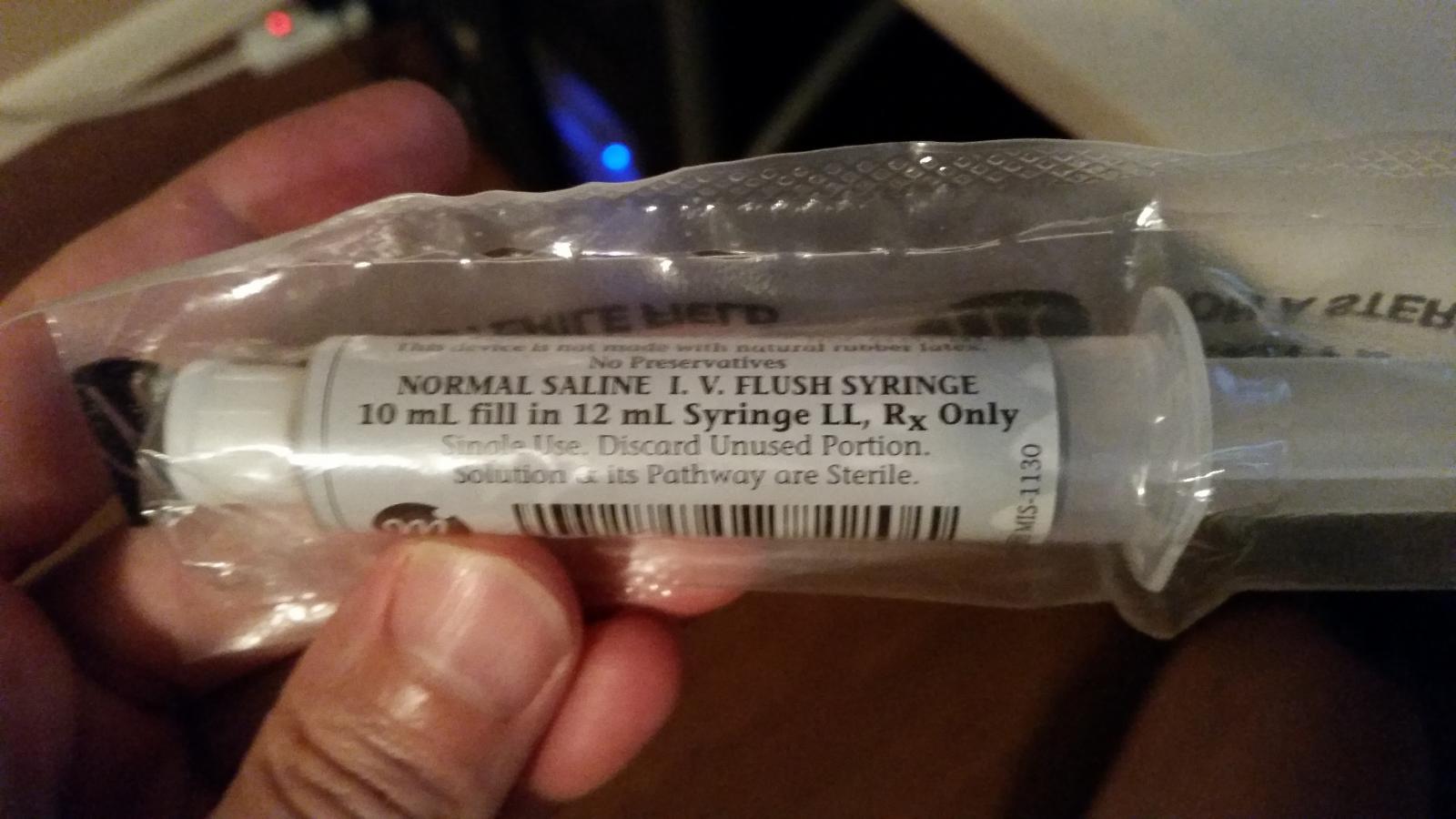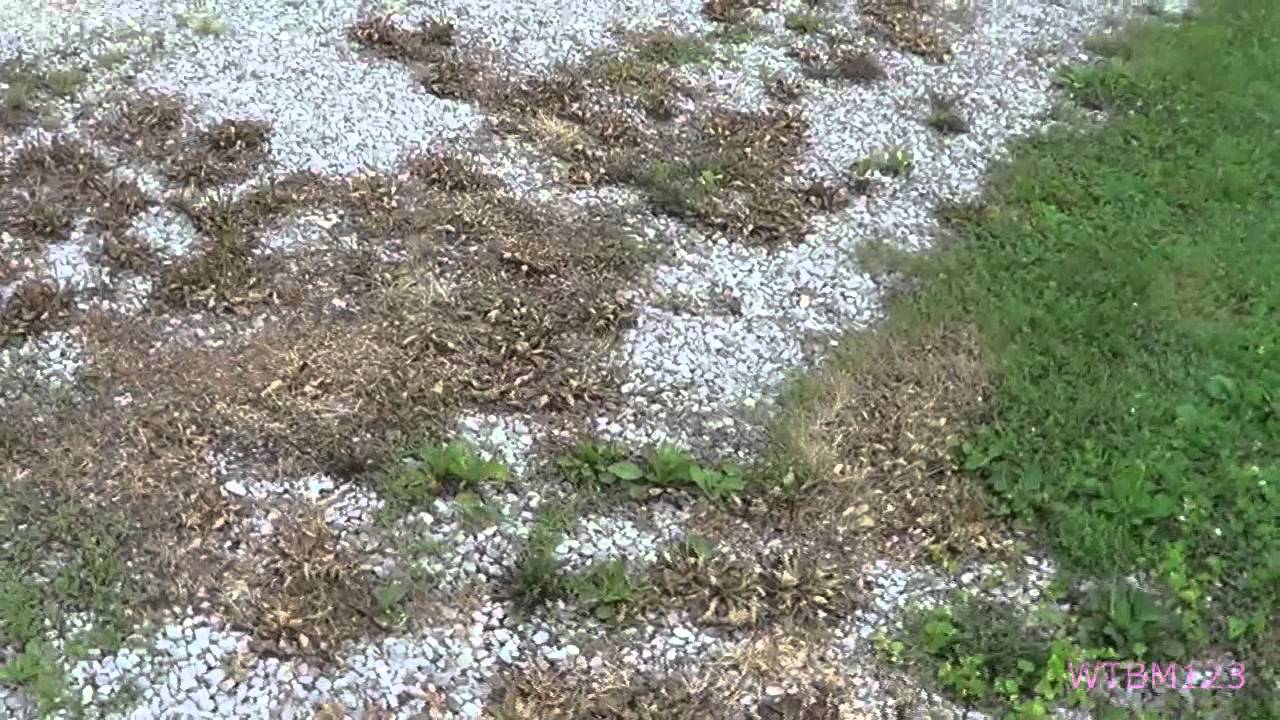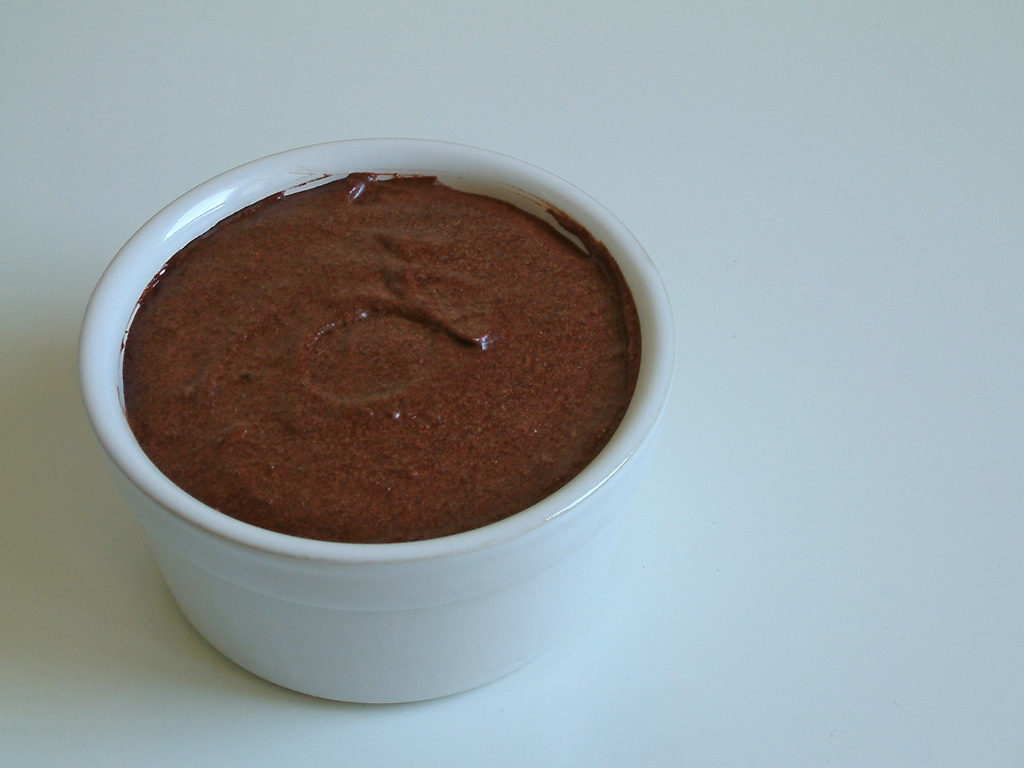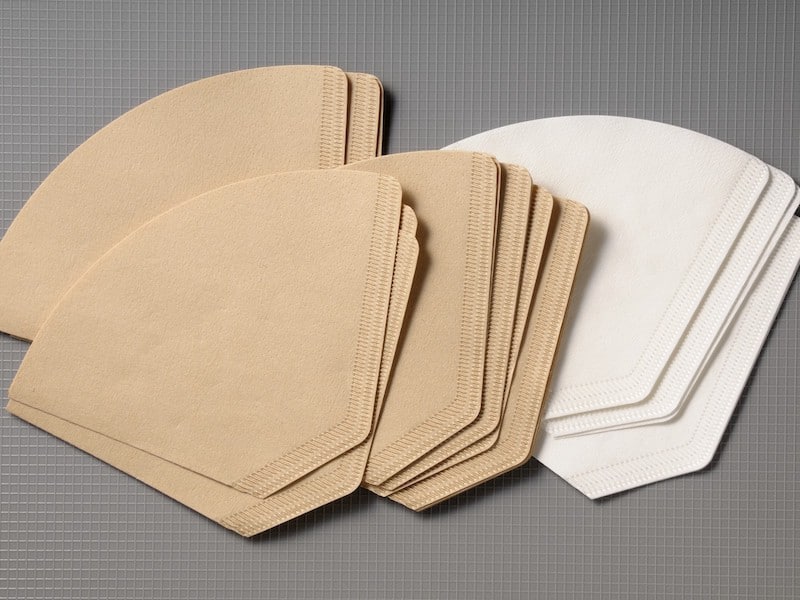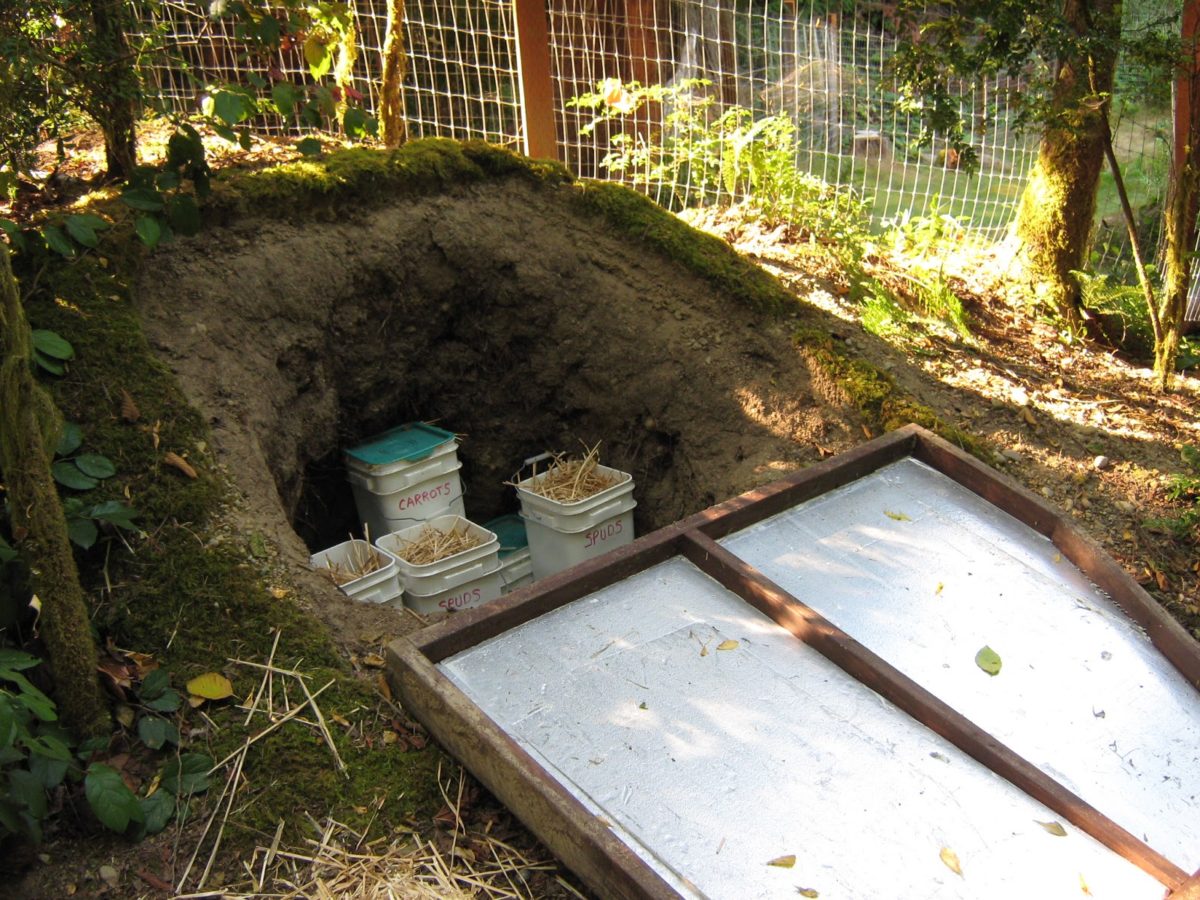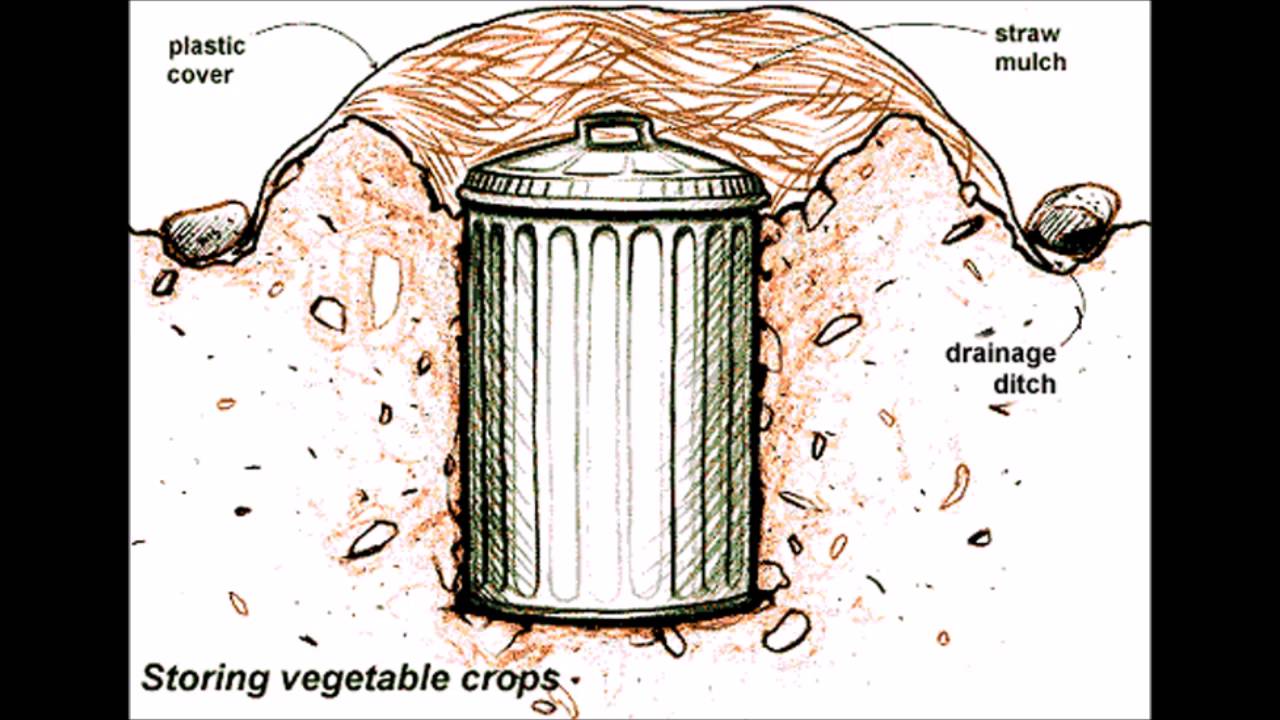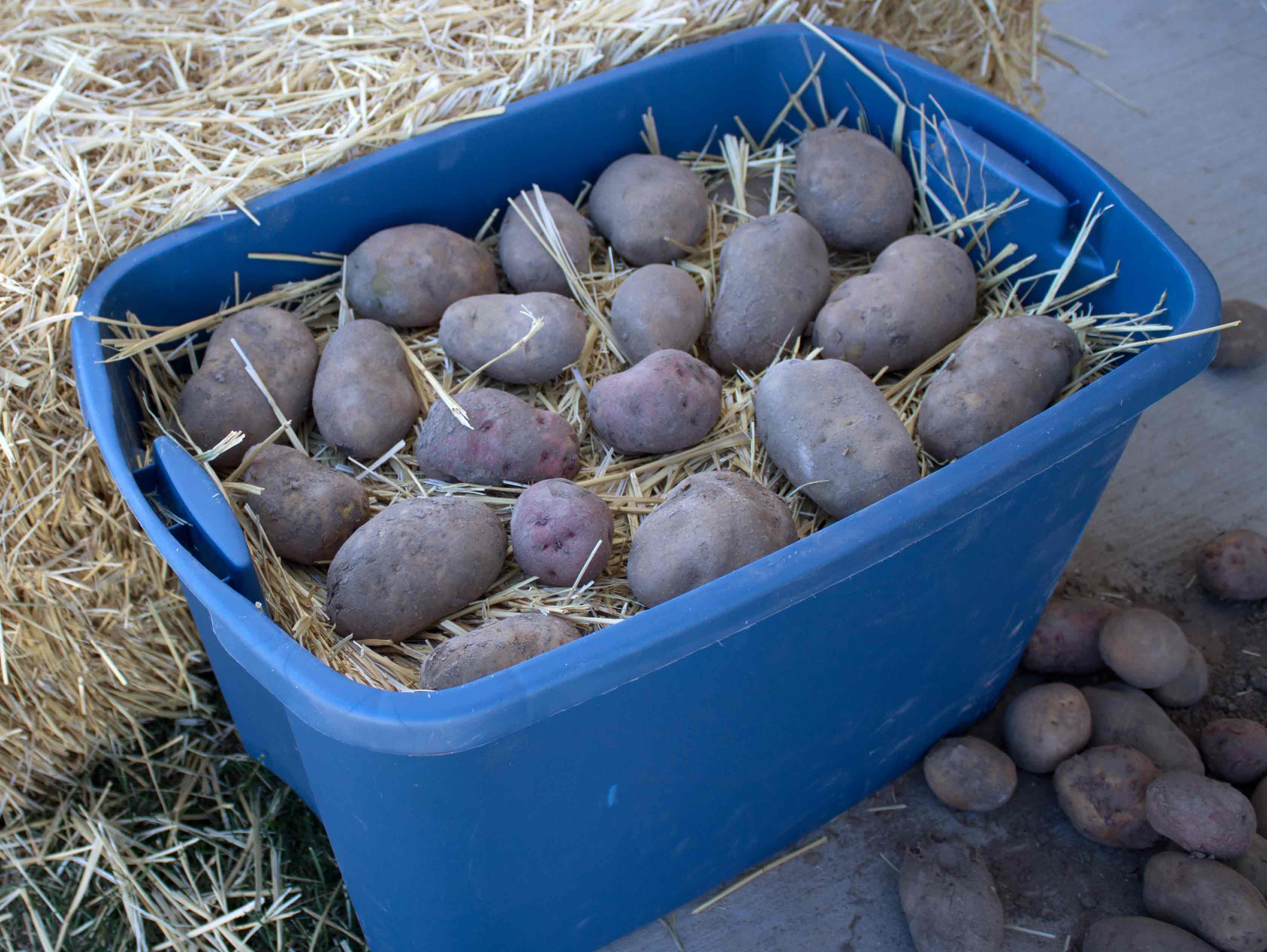What Every Person Can do to Save
Money is the lynchpin to all prepping. There are several things out there that you can do for free but that has serious limits. The reality of prepping is that you are going to need some money to get things done.
The good news is that most preps don’t cost a ton of money. Things like food storage can be built up over time. The same could be said for things like ammunition, first aid and even a garden. However, there are some things that could run you a couple to a few hundred dollars.
Things like generators, firearms, outfitting a family with reliable gear for a bugout. Communications can be very expensive.
For many preppers this investment is a huge problem. So many people are living paycheck to paycheck. That doesn’t mean that they are maximizing their money but the idea of setting aside $50 a week for prepping just doesn’t make any sense.
There are many things that you can do to be better with your money. They aren’t easy, because we are set in our ways. However, we are going to look at several ways that you can start saving money for prepping.
Free Preps
Yea, earlier I said there are some free preps. I am sure you didn’t miss that. Here are a handful of preps that can seriously be accomplished at zero dollars and zero cents.
- Write Plans
- Take a CERT Course
- Talk to Your Neighbors About Natural Disasters
- Organize the Preps You Have
- Join an Online Community
- Practice Skills
Cut Your Bad Habits
We have a lot of habits here in the nation. You know, its not uncommon for a large percentage of our weekly income to go towards habits and pleasure. We get so you to it that we believe we NEED those things.
One thing you can do is sit down and consider what you could cut out of your life.
Most people have a tremendous amount money sunk into things like alcohol, cigarettes or drugs. These things become part of your weekly budget.
Another big one can be video games. With the introduction of IN GAME PURCHASES people are spending thousands of dollars on a single video game.
Stop Eating Out

It’s so easy to eat out at a restaurant. Who wants to make food every night of the week?
Most people don’t really know how to cook. That’s the problem. What kind of system have we set up where people grow up to adulthood and don’t know how to feed themselves?
You spend exponential amounts of money when you decide to eat out. It might seem cheap but when you really do your math it’s killing your wallet and you will never have money to prepare.
One of the most popular quick service restaurants is Chipotle. They serve chicken, beans and rice. Let’s put this in perspective. You are going to spend about $10 per person at a place like chipotle. If you go to Sam’s Club, you can buy 50lbs or white rice for $20!
Think about that. You get one burrito for $10 or 50lbs of uncooked rice for $20.
50lbs of rice is 30,000 calories! That’s a serious prep.
Get Up Early and Go to Bed Early

When you get up early you are more productive. Its pretty much that simple. If you wake up early you have time to make money before work. You can write books, sell products, push a website and make that side hustle viable.
After work we are all exhausted and we have other responsibilities. However, if you can get up two hours earlier you have some serious time to sit down and really play things out.
The opposite side of the coin is that by going to bed early you spend less money. Think about it. Think about that last monster bar tab you ran up. What about that last huge restaurant bill you ran up? Those things don’t happen if you wake up early and get to bed early.
Practicing a frugal life where you are up early and in bed early is about as safe as it gets. You will see the money start to stack just from this lifestyle change.
Side Hustle
Lots of Americans are working overtime or working a side hustle altogether. Whether that is something like an internet business or doing side jobs in your trade or profession, there is a lot of money to be made out there.
The economy favors the person who hustles. Those who work 5 more hours a week, per week make roughly 30% more a year.
You should decide if you are the type of person who wants to operate a side hustle you own and operate.
In other words, do you want to start a side business?

OR
Do you want to hop under someone else’s umbrella and make money through things like network marketing or even just getting a part time gig?
No matter which side hustle you choose, you will be making more money and that money can be diverted to your prepping goals and plans.
Conclusion
While everyone lives on a budget there is always a way to change that. For some, we can simply cut out some unnecessary spending and divert that towards prepping. Things like vices and going out to restaurants on a regular basis can be paired back. There are also health benefits to this, as well.
If you are stretched to the max and cannot cut anything out of your life, well, you need to get back on your hustle. You need to work more, on a side hustle, and get more income for prepping.
The great news is that you have options. No, it’s not going to come for nothing.
Of course, there is also the chance that you start a simple side hustle and it becomes your main business. Maybe its even something you love. For the blessed few this happens but it can never happen to you if you don’t give it a shot!
For the ones who have no clue how to make the extra buck, make sure you read our next email.
On a different note, here’s some other self-sufficiency and preparedness solutions recommended for you:
The Lost Ways (The vital self-sufficiency lessons our great grand-fathers left us)
Survival MD (Knowledge to survive any medical crisis situation)
Backyard Liberty (Liberal’s hidden agenda: more than just your guns…)
Alive After the Fall (Build yourself the only unlimited water source you’ll ever need)
The Lost ways II (4 Important Forgotten Skills used by our Ancestors that can help you in any crisis)
The Patriot Privacy Kit (Secure your privacy in just 10 simple steps)
There are many things that you can do to be better with your money. They aren’t easy, however, we are going to look at several ways that you can start







